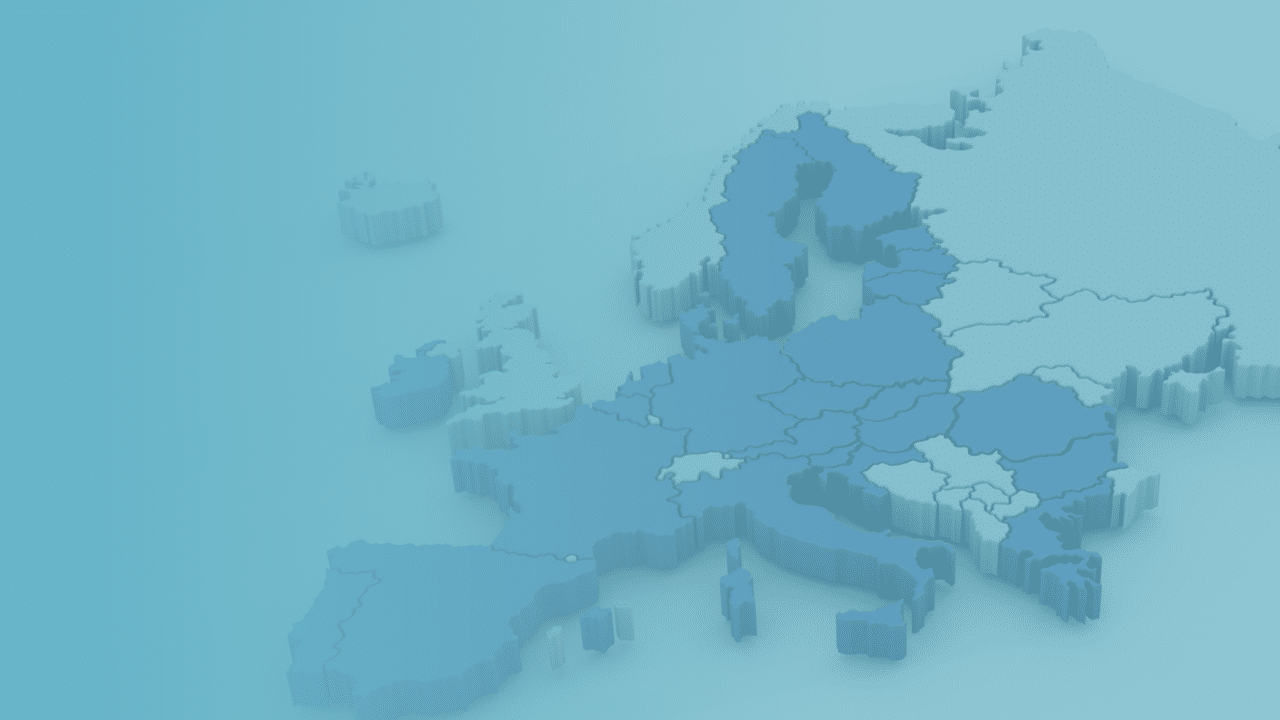Ten years from now, we’ll look back at this decade as the big land grab, a modern-day version of the gold-rush – in which early settlers, bullies and tycoons fiercely compete for a piece of the data pie. Pioneers discovering new lands, changing markets, politics and social structures. The champions of the industrial revolution making way for the data-economy. And yet, the transformation of our data-driven society still has a long way to go.
Today, the vast size and scope of this new world is far too large and complex to be policed by the few sheriffs walking around. They can only watch and intervene occasionally. But you have to assume that gradually they’ll begin to assert real authority.
In the market economy, the only organization to have made a serious attempt so far is the European Commission. Armed with EU competition rules and with the General Data Protection Regulation, it now has the biggest arsenal of any regulator in the world to keep the data-cowboys honest. When you hand out fines of 4 to 10% of global turnover, even the mightiest tend to listen.
The most powerful premise of the GDPR is the notion that every citizen maintains full control and ownership over his or her own data. In taking this position, the EU is effectively becoming the world-leader in data privacy regulation.
It will, however, require a major effort for these agencies to collect and understand the extremely complex evidence on predictive data analytics and algorithm bias, if they want to actually prosecute those who break the law.
There is reason for concern. Speaking at the Amsterdam Data Privacy Conference this week was Professor Chris Hoofnagle of Berkeley University. His main thesis is that the data-economy is gradually swallowing the world of traditional goods and services through ‘tethering’. Hoofnagle explained how business schools all over the world instruct new leaders to sell ‘tethered products’, products that need subscriptions and recurring revenue models to retain their value. Much of our consumption today is indeed moving towards this ‘rent-not-buy’ model only adding to the power of those who ultimately control the data.
Contrary to popular opinion, telecom and cable companies in Europe are about as honest as can be in this new world, perhaps even too honest for their own good. Since the beginning of electronic communications, European network operators have had to commit to the personal secrecy laws of the old postal services.
Network operators are prevented by law from tapping into their networks and spying on what their users are doing. Your (European) ISP is not watching what you do online. Any browsing history is deleted after sessions, and a respectful distance is kept from any email and other personal communications. It also means that network operators go a long way to create firewalls of anonymity between their customers and anyone interested in profiling them.
Some would even say that in the world of wild data, network operators really are the ‘good guys’!
All this is subject of the ongoing negotiation for the EU’s E-Privacy Regulation, which goes a lot further even than the GDPR, as it’s based on these traditional network integrity rules. The big question in that debate is if those who offer exactly the same communication services over-the-top on the internet will be covered by these same rules.
In the end, the well-informed and assertive consumer may well be the only force powerful enough to ensure that the data economy is effectively policed. All of us, in our day to day decisions, will ultimately decide who are the good guys, who should deserve our trust.
It will probably take one or more massive data train-wreck of the scope of Cambridge Analytica, but at some point consumers will vote with their feet. They will want secure and safe services and a total control of personal data. Companies who can provide that security and trust will win.
The pioneer of the web, Tim Berners-Lee, has recently launched a new project with his start-up Inrupt to let us keep full control over our own data instead of handing them over in return for free services.
Early to say if he can make it work, but initiatives such as these deserve our support.









